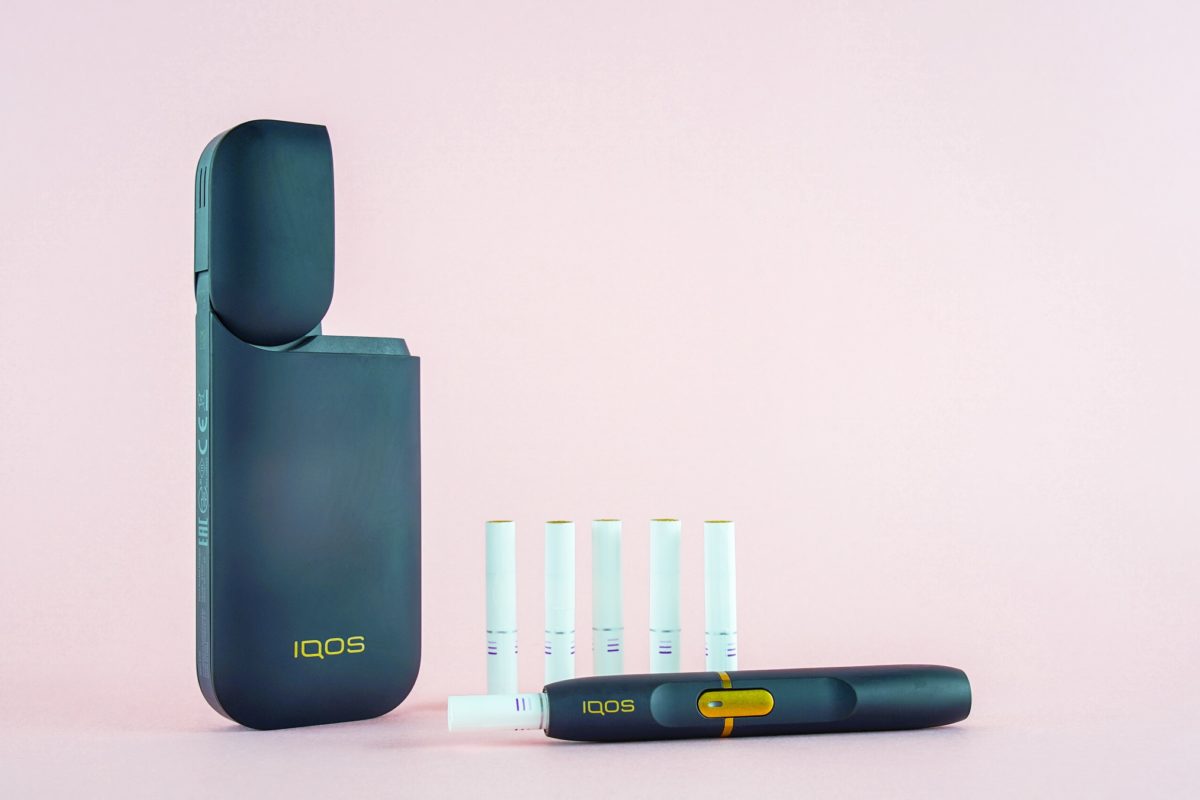On April 30th, 2018, the United States Food and Drug Administration completed a review of the Pre-Market Tobacco Product Application (PMTPA) submitted by Philip Morris International, and authorized them to market their IQOS products. The FDA came to this decision after determining that marketing these new products would not be detrimental to the health of consumers. They believe IQOS products produce fewer harmful toxicants than traditional tobacco products.
“While the authorization of new tobacco products doesn’t mean they are safe, the review process makes certain that the marketing of the products is appropriate for the protection of the public health, taking into account the risks and benefits to the population as a whole,” said Mitch Zeller, head of the FDA’s Center for Tobacco Products.
Mr. Zeller went on to say in his statement that the FDA would be monitoring the frequency of youth uptake of these devices, and that they would take all precautions necessary under the law to make sure Philip Morris prevents their access to underage citizens.
The PMTPA pathway requires that all tobacco companies introducing a new product demonstrate that it will not endanger public health. The application must include scientific research that supports the position of the tobacco company.
What is an IQOS Device and Are They Safe

An IQOS is a device that heats a tobacco stick to 350 degrees fahrenheit, but creates no combustion or smoke. The products available for use with the IQOS are Marlboro Heatsticks, Marlboro Smooth Menthol, and Marlboro Fresh Menthol Heatsticks. According to Philip Morris, this new product produces fewer toxic chemicals than traditional cigarettes. After a six month study of random American adults, they determined that eight biomarkers for cancer had improved in those who had began using their device.
Dr. Stanton Glantz, a professor at the University of California San Francisco, is not convinced that these devices are safer than cigarettes. He examined the differences between IQOS and cigarettes and found no difference in 23 of 24 biomarkers for cancer in Americans and 10 of 13 for Japanese.
Staford also concerns regarding this news
